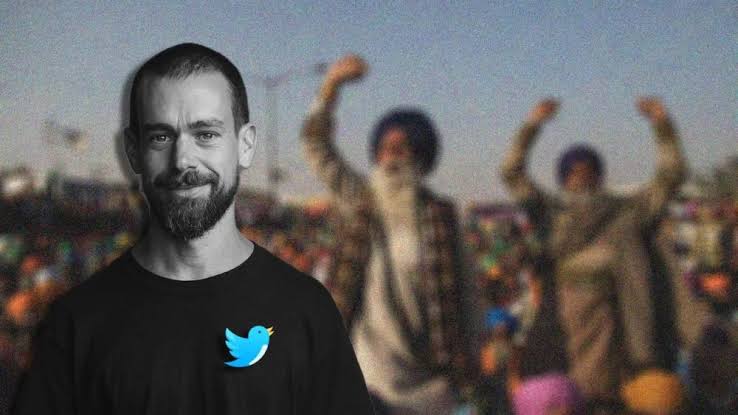
In a recent interview, Jack Dorsey, former CEO and co-founder of Twitter, exposed the pressure exerted by the Indian government on the social media platform. Dorsey disclosed that the Indian government threatened to shut down Twitter in the country, raid employees’ homes, and conduct censorship unless its requests were fulfilled.
Government Requests for Content Removal
During the peak of nationwide farmer protests in 2021, the Indian government demanded Twitter to block accounts associated with the protests and critical of the government. Twitter received requests to remove nearly 1,200 accounts linked to alleged “Khalistan” connections and over 250 other accounts. The government also sought “emergency blocking” of the hashtag #ModiPlanningFarmerGenocide and several related accounts.
Twitter’s Response and Concerns
Twitter initially complied with some content removal requests but later retired the majority of the suspended accounts, citing insufficient justification. Concerns for employee safety arose when the Indian police visited a Twitter office during an investigation into the labeling of posts from the ruling party as manipulated.
Diverging Opinions on ‘Shut Down Twitter’
While Dorsey spoke out against India’s actions, Elon Musk, Twitter’s new CEO, expressed a different perspective on India’s social media regulations, considering them strict. Musk stated that he would rather comply with the government’s blocking orders than risk Twitter employees facing legal consequences.
Increasing Requests and Press Freedom Concerns
An analysis of Twitter’s global transparency reports revealed a significant rise in legal content takedown requests from India between 2014 and 2020. In the first half of 2021 alone, Twitter received over 4,900 requests from Indian courts and the government to block tweets. Twitter even took legal action against the government in July 2022, challenging content-blocking orders issued under section 69(A) of the Information Technology Act 2000.
Impact on Press Freedom
Unfortunately, India’s press freedom rankings have seen a decline since Prime Minister Modi took office in 2014. In the World Press Freedom Index, India dropped from 140th to 161st out of 180 countries in the current year, marking its lowest ranking to date.
These revelations shed light on the challenging environment faced by social media platforms in India and raise concerns about the state of press freedom in the country.